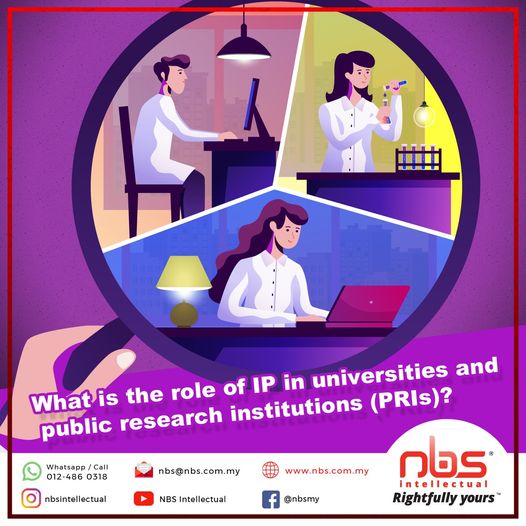Intellectual property (IP) plays an essential role in both the research and teaching functions of universities and PRIs. This includes IP created by universities/PRIs and also third-party IP that they use in their work.
《IP and research》
Whether it be basic (“blue-sky”) or applied research, through their R&D activities, universities and PRIs produce results in the form of inventions, scholarly publications, databases, new plant varieties, confidential information, computer programs, etc. Many of these are protectable by IP, yet many are also no more than proofs of concept or laboratory-scale prototypes which require further R&D before they can be commercialized. By granting universities and PRIs the rights to their own IP derived from publicly-financed research, and allowing them to commercialize their results, governments around the world are trying to accelerate the transformation of inventions into industrial processes and products, and to strengthen collaborative ties between universities and industry.
《IP and teaching》
In addition, a university’s or PRI’s teaching activities will also generate IP, such as print publications, theses, software, films, sound recordings, computer presentations and multimedia works. These are generally protected by copyright. The Internet and modern technologies have fostered greater access to scholarly materials, but also prompted greater conflicts over their ownership and use. So universities and PRIs need suitable IP policies to deal with the ownership and management of teaching materials, access to scholarly information and use of third-party materials.
Universities and PRIs serve the public interest by disseminating knowledge through both research and teaching. Traditionally, many have done this by building close links with local industry and businesses as well as publishing the results of their research. But the era of globalization and the Internet has opened up new possibilities. While open access publication may be appropriate for some research outputs, others should be kept confidential temporarily so that they can be patented and developed commercially. To manage their IP and disseminate their knowledge effectively, universities and PRIs need to understand how to use the IP system.






 可以接触到更多的顾客
可以接触到更多的顾客

Comments are closed.